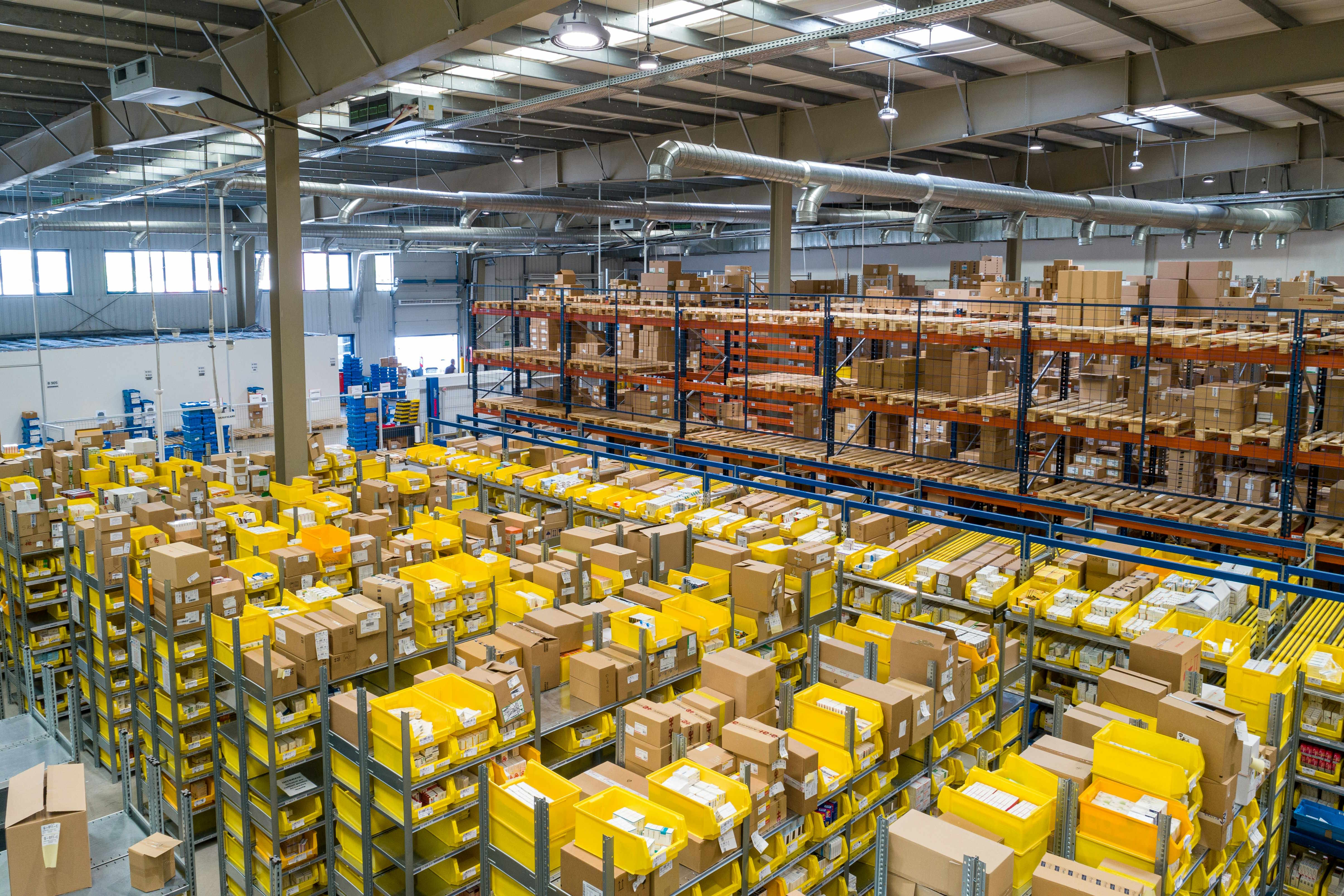Choosing donation partners and resale channels with global reach
Selecting donation partners and resale channels with international reach requires planning beyond a simple decluttering exercise. Effective coordination balances valuation, inventory, documentation, packing and transport while considering sustainability, recycling and responsible disposal. This overview outlines practical steps for sourcing partners, preparing estate items, and choosing resale or donation pathways with wider geographic scope.

How does donation selection affect decluttering?
Choosing the right donation partners shapes the decluttering process from the start. Partners with established intake criteria can speed decisions about what to keep, donate, or prepare for resale. Clear documentation and inventory practices make it easier to separate items suitable for reuse from those destined for recycling or disposal. When working on an estate, involve partners early so valuation and packing align with their requirements; that reduces wasted logistics and prevents last-minute rejections that create extra waste and administrative overhead.
What resale channels suit cross-border resale?
Resale channels with global reach include online marketplaces, international auction houses, and specialist resellers focused on antiques or designer goods. Each channel has different documentation and valuation expectations, so accurate inventory and provenance records improve listing quality and buyer confidence. Consider resale options that offer centralized logistics or partnerships in destination regions to simplify transport and customs handling. Cross-border resale often requires packing standards that protect items in long transit and clear records to support resale value and compliance with import rules.
How to manage logistics, packing, and transport?
Logistics planning reduces damage, delays, and unexpected disposal. Begin with a detailed inventory and valuation to decide which items need specialized packing, climate control, or secure transport. Work with providers who can coordinate local services in your area and provide international freight or courier options. Proper packing materials and techniques protect value for resale or donation; consolidated shipments can lower per-item transport costs. Maintain transport documentation and tracking to ensure accountability and to resolve issues with carriers, customs, or receiving organizations efficiently.
How to value, inventory, and document items?
Accurate valuation and inventory are central to choosing donation partners or resale channels. Create a photographed inventory with condition notes and provenance where available; this supports both donation records and resale listings. For estates, professional valuation for higher-value items can clarify whether resale or donation is appropriate. Documentation should include receipts, condition reports, and any certificates of authenticity. Well-organized records also streamline logistics, insurance claims during transport, and subsequent resale or donation reporting requirements.
What sustainability, recycling, and upcycling options exist?
Sustainability considerations should guide decisions about donation, recycling, or upcycling. Reuse via donation or resale extends the life of goods and reduces waste; partner organizations that prioritize redistribution can match items to communities or international programs. For items unsuitable for reuse, find recycling partners who accept textiles, electronics, or hazardous materials to avoid improper disposal. Upcycling opportunities—working with craftspeople or social enterprises—can convert lower-value items into functional or decorative products, creating social value and diverting waste from landfill.
How to handle disposal, waste, and estate specifics?
When disposal is unavoidable, choose responsible waste management services that follow local regulations and documented chain-of-custody practices. Estate clearances often combine sentimental and practical challenges; clear documentation of decisions and receipts for disposal or donation protects executors and beneficiaries. Coordinate with local services for bulky items and hazardous waste, and keep a record of what was donated, recycled, or discarded. Transparent practices reduce disputes and help demonstrate sustainability goals were considered throughout the clearance process.
Conclusion
Selecting donation partners and resale channels with global reach requires methodical inventorying, clear documentation, reliable valuation, and logistics that anticipate international transit and compliance needs. Integrating sustainability into decisions—favoring donation, resale, recycling, or upcycling where appropriate—reduces waste and often improves outcomes for estates and communities. Thoughtful planning around packing, transport, and partner selection helps preserve value and ensures responsible handling of items throughout the process.





